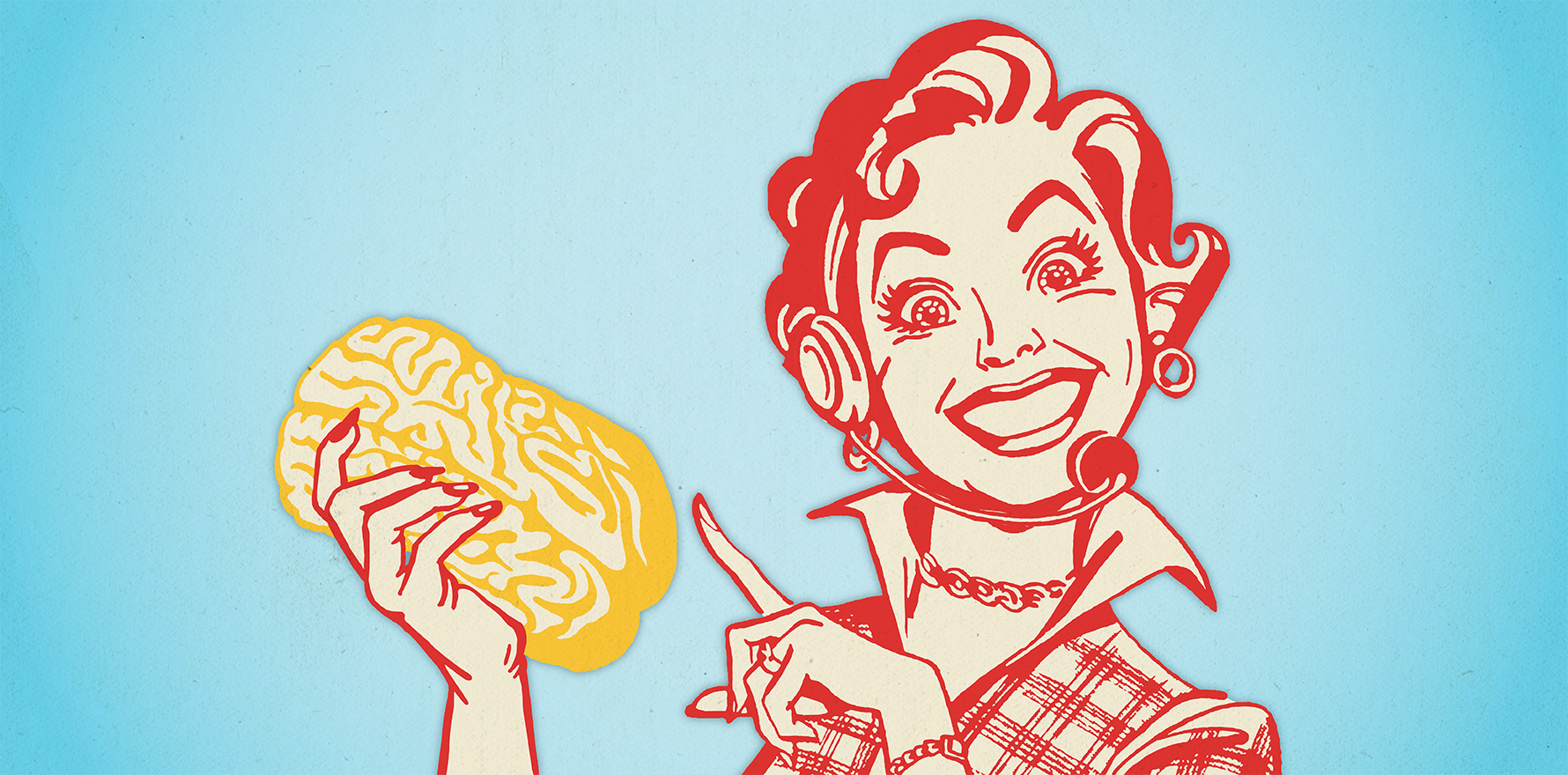People deserve differential diagnosis too.
“It’s so pure, it’s so strong; though I do admit it came on fast, but I do believe that it can last” – Elphaba and Glinda, Wicked
“Just eating a whole raw tomato, are we?” is what my piss-taking, shit-stirring newbie self said to a fellow paediatric resident in the handover room at 7.58am on a regular day at the Northern Hospital once upon a time.
She looked up, equal parts flummoxed and offended, from munching through a whole bag of gourmet tomatoes at morning handover.
What ensued was what polite folk would have called a “spirited debate” on whether it was normal to consume a whole gourmet-sized tomato on its own, which then branched into whether it was acceptable if truss, after which the whole handover room got involved and accepted that it was far from forensically psychopathic if they were cherry tomatoes.
First impressions-wise, not a strong prognostic indicator for a future friendship between the two of us. But here we are, 10 years later, best of friends with a standing Wednesday post-clinic dinner (and churros) built into our teeming schedules.
But how does one go from unadulterated loathing to entrenched friendships?
The art of medicine, being an extremely potent conduit to building friendships through the steaming cauldronic mess it provides as the backdrop, also teaches us daily the dangers of “diagnostic inertia”, where a first impression anchors a diagnosis at front of mind, to the neglect of every piece of contradictory new evidence.
It’s not uncommon for us in the field to form a strong first picture of a patient’s condition, persona and family dynamics, just on the interaction at which they first presented.
The danger of this, of course, is the lack of alacrity when the toddler with “viral pneumonitis” and bilateral crackles then turns around and loses their cardiac output and begins to have rigors. What sorcery is this? Must be salbutamol toxicity, and so we cheerily press on, only to find ourselves a few hours later hanging up inotropes and sticking in chest drains for a cheeky staphylococcal pneumonia with effusions.
Related
But how do we safeguard ourselves and keep our objectivity, especially in the face of withering criticism at morbidity and mortality meetings, when young children typically present in subjective manners?
Is the correct approach to do Q12H CRPs in neonates who have weird-looking rashes, or keep kids of parents with fringe personalities who might throw the management plan out the window another whole week/until 18 years corrected age on the ward for safety? Is four hours’ observation in emergency a guarantee that someone won’t re-present to the emergency department with worsening wheeze needing PICU later down the track?
I’m not going to pretend as a junior consultant completing his second year around the sun from fellowship that I would be able to provide a glowing laminated and infallible guideline to these obviously grey areas.
We as a team of multi-level doctors can barely agree on which level of direct raw tomato consumption is psychopathic.
For a group of doctors, there is no greater horror than the realisation that there is no known panacea for the human condition, and even less public sympathy for the doctor who misses a diagnosis leading to a negative outcome for a child.
The therapy for diagnostic inertia does seem to be maintaining an open and alert mind, paired with patience in awaiting the revelations of pathophysiology. First impressions need to be metabolised using a function of consideration, scientific vs gut-feeling queries, and a final dash of the effervescent and stinging tincture of time before they ripen to their final diagnoses.
It is as important to recognise this process in the moment of localising source control of bacteraemia to a discitis as it is in realising that the adolescent with behavioural difficulties who keeps coming to clinic with vague abdominal pain just really needs someone to chat to– someone who isn’t their darling Momsie and Popsicles, who use homophobic slurs at home so that their child is afraid to come out to them.
The first example required serial examinations with the knowledge that persistent bacteraemias usually have a nidus of pus responsible, whereas the second required serial rapport-building gossip sessions and eyerolls paired with “parents, am I right” during one-on-one HEADSS sessions before the final issue at hand shaped itself.
Neither situation required tutting at the first impression of the registrar who first saw the child.
I also think it is important to recognise the need to pair first impressions of our colleagues with context and observed growth. There is no healthcare professional who has gone without committing an error, or looking like a bit of a knob in an M&M meeting trying to get a Teams shared screen running; so there really is no need to assume such standards in anyone.
The only way to never make a clinical error is to simply not work with any patients at all.
Even then you might make that classic faux pas of opening the locked door to the paediatrics ward and letting a toddler on wheeze-related steroids slip through their parents’ arms and zoom past you on a journey into the next ward.
For Tomato Girl and me, our mutual first impressions would sadly be confirmed the next night with my refusal to wear unflattering scrubs, which led to me taking the last S and passing her an XL, given the women’s change room had run out.
She looked like a burlap sack and I looked kind of cute during the baby’s intubation.
But now, after 10 years of spirited debates and polls to decide whether the tomato-consumption style or my scrubs triaging system was more psychopathic, more episodes of magical days in the sun reviewing our shared experiences, and sticking with our gut feeling that we’re well-suited weirdos … I can confirm that I am still winning the tomato debate.
I think most people’s first impression of me might be that I’m bit stubborn, actually.
Dr York Xiong Leong is a general paediatrician in Eastern Health, Melbourne, working in public inpatient and community paediatric services, and a medical educator with Monash and Deakin universities. One of the best compliments he has ever received is “Babe you barely live on this planet”.





